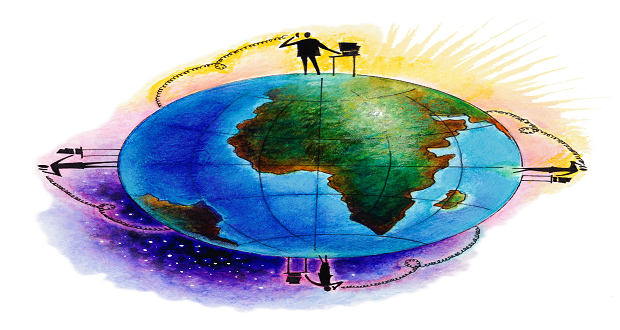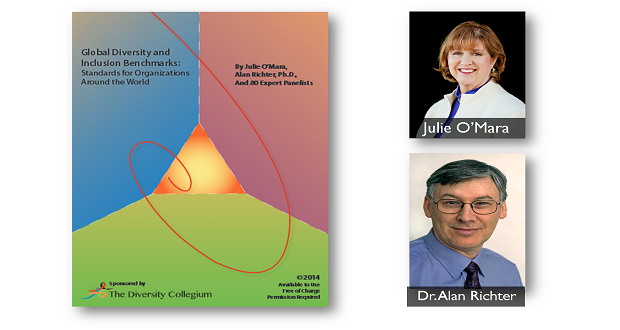
“What should I say?” “How should I respond?” “I didn’t mean to be offensive!” “That wasn’t my intent.” “I’m over having these conversations!” “Conversations like these matter—but no one’s having them.”
I have found these and similar sentiments to be pretty common in both my professional and personal spaces. I’ve had clients ask for very prescriptive guidance around how to coach leaders on facilitating team dialogues around potentially polarizing topics—like race, religion and politics. I’ve had friends—most of whom are from underrepresented groups—ask for strategies about how to communicate the impact of micro-aggressions or other seemingly ‘well-intentioned’ comments they’ve experienced in their workplaces. I’ve also heard from those who are themselves ‘well-intentioned’ (and have even been this myself—haven’t we all?) struggle with reconciling the intent of their words with the impact—and managing the fear of seeming ‘problematic’ or the stifling nature of their fragility.
These nuances, experiences, and sentiments are a reality. We believe that beginning to address them starts with unpacking them. This means:
Unpacking our intentions and the words we use. Being deliberate in understanding all of who we are, how we show up, what we know, and those things we don’t even know that we don’t know. Thinking critically about the history and context that influence how our cultural others experience the world, our workplaces, and us. Choosing to be BOLD and challenging ourselves to have the conversations that we typically have avoided—the conversations that matter.
Over the next few months, we’ll be doing just that—Unpacking the Conversations That Matter. The conversations that we’ve overheard in the workplace, statements we’ve heard at the dinner table, perspectives and ideals that have already impeded, or have the potential to impede, our strides toward greater equity, justice, and inclusion. Some of these might sound like:
“I don’t see color—I treat everyone the same.”
“They’re taking our jobs.”
“You’re just so articulate.” “You speak such good English…where did you study?”
“My religion is important to me—I just can’t accept that lifestyle.”
“We can’t let diversity take precedent over hiring the most qualified candidate.”
“Where are you from? … Can I touch your hair?”
“I don’t have privilege—I’m poor. I’m not responsible for what my ancestors did.”
“I prefer to stay away from politics. Everything doesn’t have to be political.”
Our goal with this series is to be a resource, get prescriptive, hone in on the details and historical context, and support you in feeling empowered to have these conversations. #UnpackingConvos Click To TweetPerhaps you’ve experienced hearing—or sharing—one or more of these sentiments. Depending on when, where, and with whom you were engaging, maybe you chose not to address the comment’s impact, or weren’t even aware of the impact your words may have had. Our goal with this series is to be a resource, get prescriptive, hone in on the details and historical context, and support you in feeling empowered to have these conversations—in your workplaces, boardrooms, communities, and even at home. When we engage in these conversations, we learn and grow, we challenge and disrupt the status quo—ultimately, we are using our power. And I can’t overstate this—all of these things are part of our work.
Stay tuned for #UnpackingConvos…
When we engage in these conversations, we learn and grow, we challenge and disrupt the status quo—ultimately, we are using our power. And I can’t overstate this—all of these things are part of our work. #UnpackingConvos Click To Tweet

















